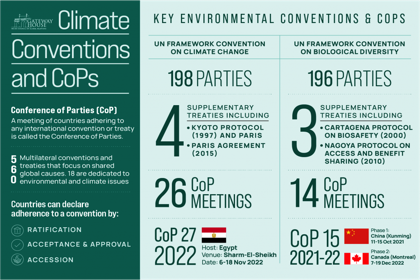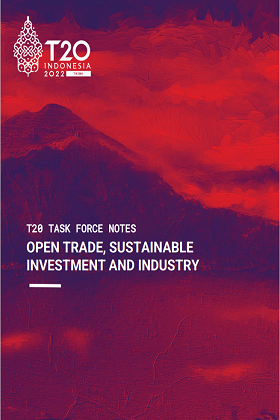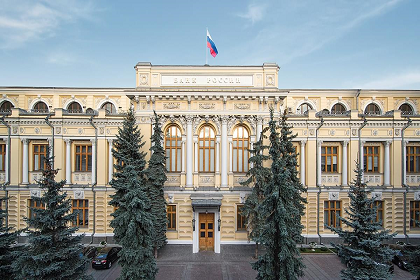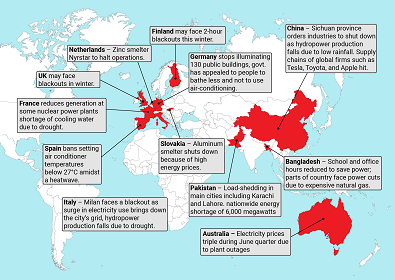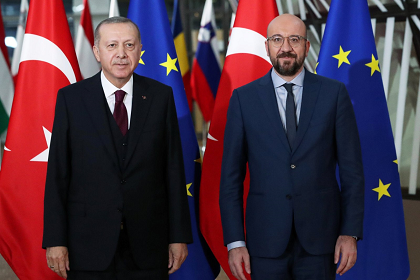Climate conventions and CoPs
On November 6, Egypt will host the COP27, the 27th Conference of the Parties of the UN Framework Convention on Climate Change. This infographic shows the two types of multilateral approaches and agreements under which countries solve the shared global challenge of climate change: Conventions or treaties and CoPs or Conference of Parties.

